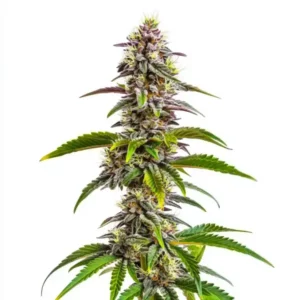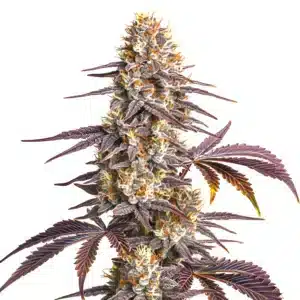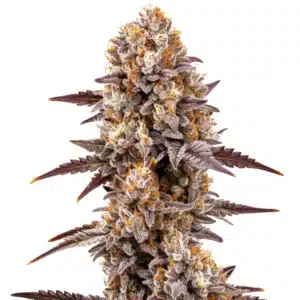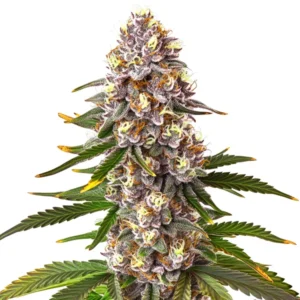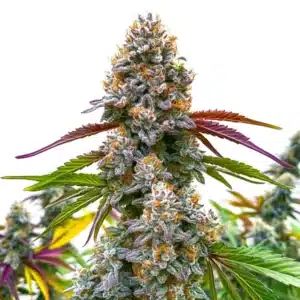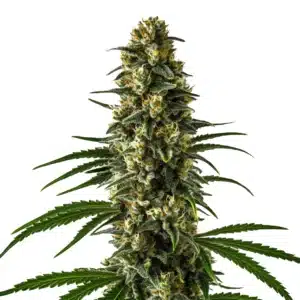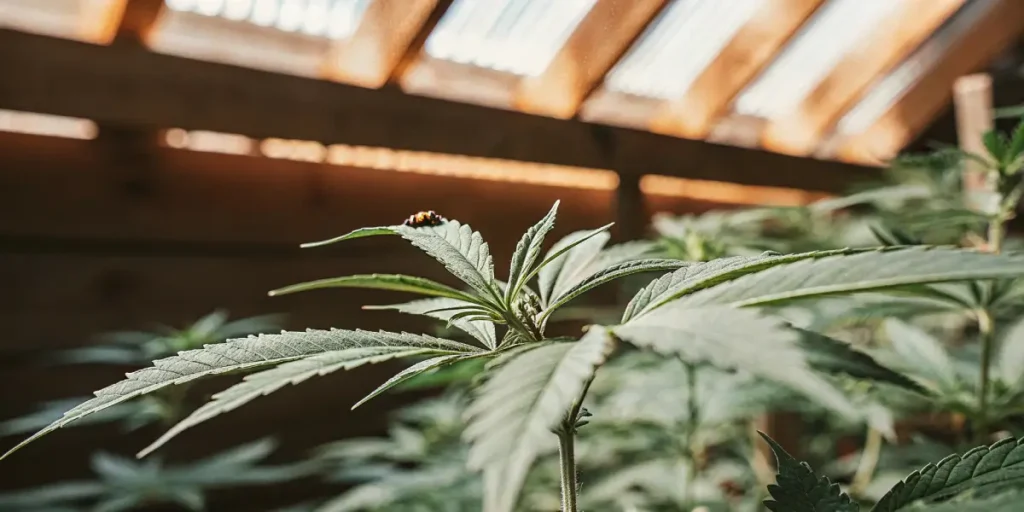
The Art of Zen Growing: Organic Methods to Prevent Plant Stress
Let’s get one thing straight. Preventing stress in your cannabis plant isn’t about buying a bottle with an “organic” sticker on it. It’s a philosophy. It’s about building a robust, living ecosystem where your plant is so healthy, happy, and resilient that stress can’t even find a foothold.
This is a holistic approach. It’s about proactive care, not reactive fixes. It’s about learning to listen to your plant and giving it the stable, natural environment it craves.
Recommended Strains
Mimosa Wedding Cake Auto
|
|
THC | 22% - 24% (Medium) |
|
|
Type | Autoflowering |
|
|
Yield | High |
|
|
Phenotype | 40% Indica / 60% Sativa |
Mimosa XXL Auto
|
|
THC | 18% - 20% (Medium) |
|
|
Type | Autoflowering |
|
|
Yield | Medium |
|
|
Phenotype | 50% Indica / 50% Sativa |
The Foundation: Your Living Ecosystem
True organic stress prevention starts from the ground up.
1. The Living Blanket: Mulch
Your number one tool for creating a stress-free root zone is a thick layer of organic mulch. Think of it as a living blanket for your soil. A layer of pine bark, straw, or moss protects the precious roots from extreme heat, dramatically reduces water evaporation (meaning you water less), and fosters a thriving environment for beneficial microbes. It is the single most effective, low-effort organic technique in any grower’s arsenal.
2. The Plant’s Language: Reading the Leaves
Your plant is talking to you every single day. You just have to learn to listen with your eyes. Are its leaves a vibrant green, perky, and praying up towards the light source? That’s the posture of a happy, stress-free plant. If the leaves are drooping, dull, or discolored, it’s telling you something is wrong. A daily visual check-in is your most powerful diagnostic tool.
3. The Spa Treatment: Keeping it Clean
A clean plant is a healthy plant. Every 10-15 days, give your plants a spa day. Gently spray the underside of the leaves with clean, fresh water. This does two critical things: it cleans dust off the plant’s breathing pores (the stomata), and it washes away any pest eggs that might be hiding there. But remember the golden rule: only do this in the early morning, late evening, or on a cloudy day. Spraying water on leaves in the intense, direct sun can create a magnifying glass effect and will scorch them.
Promos & Deals
The Secret Weapon: Plants Helping Plants
Ready for a next-level organic trick that feels like magic? You can fight stress in your cannabis plant by using the power of other plants.
Making a simple, fresh tea, or “caldo” as the old-timers call it, from plants like stinging nettle and using it as a foliar spray is like giving your cannabis a superfood smoothie. Why does it work? Because fresh nettle tea is a powerhouse of natural vitamins, antioxidants, and growth hormones like gibberellins. You’re giving your plant a direct, easily absorbed boost to its own internal immune system. This is what true organic synergy looks like.
When you Cultivate this way, you create an environment where genetically tough strains like Gorilla G4 or Blue Dream can truly Thrive. You aren’t just a grower; you are the guardian of a small, perfect ecosystem. That is the soul of Homegrown, Sustainable success.
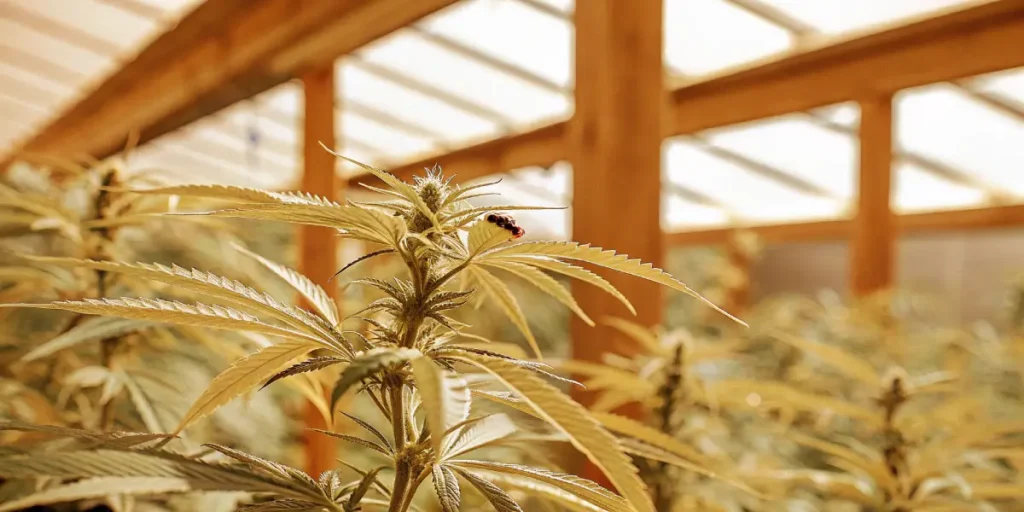
Frequently Asked Questions
What does “holistic” stress prevention really mean for a grower?
It means looking at the big picture. Instead of just reacting to a yellow leaf (a symptom), you focus on creating a perfectly balanced ecosystem where yellow leaves are unlikely to happen in the first place. It’s about building healthy, living soil, ensuring stable conditions, and seeing your garden as a whole system.
What is the easiest and most effective organic practice to reduce stress?
Without a doubt, using a good layer of organic mulch on your soil. It is incredibly simple to apply, and it solves multiple problems at once: it keeps the roots cool, prevents water from evaporating too quickly, and suppresses weeds. It’s the biggest return on investment for any organic grower.
Is there a natural way to boost my plant’s own immune system?
Yes. Making a fresh foliar tea from other plants, especially stinging nettle, is a powerful technique. Nettle tea is packed with natural vitamins, antioxidants, and plant hormones. Spraying this on your cannabis leaves gives the plant a direct boost, strengthening its internal defenses against stress and disease.
How can I tell if my plant is happy just by looking at it?
Look at its posture. A happy, healthy, and stress-free cannabis plant will have its fan leaves angled slightly upwards, as if they are “praying” to the light. The color should be a vibrant, consistent green. If the leaves are drooping or “clawing,” the plant is telling you it’s stressed.


